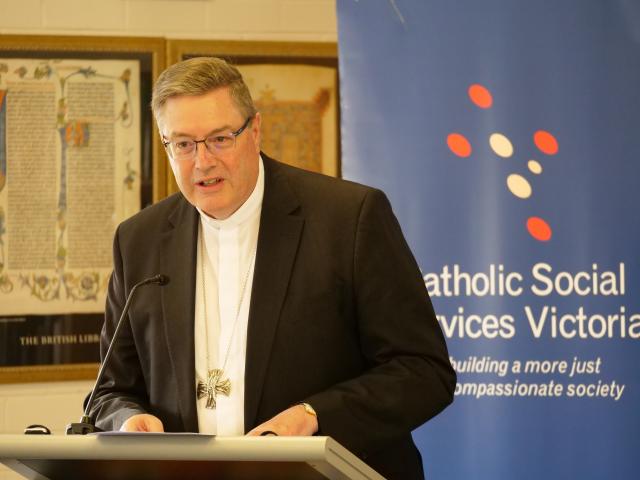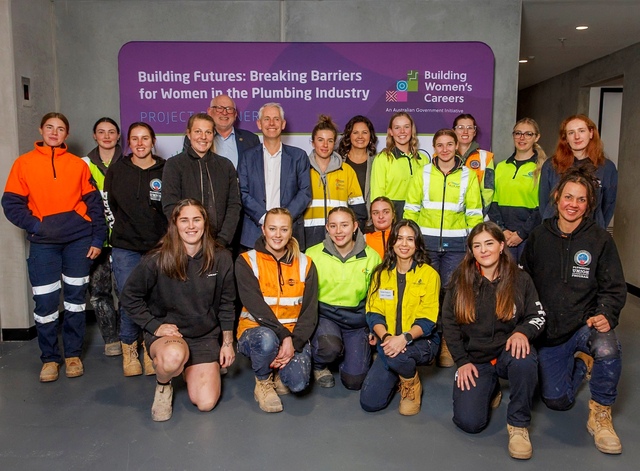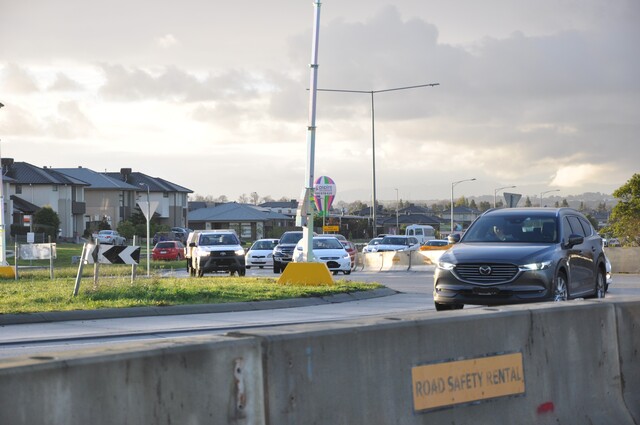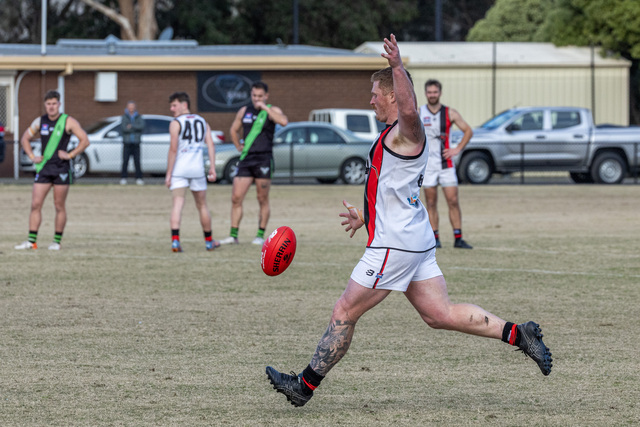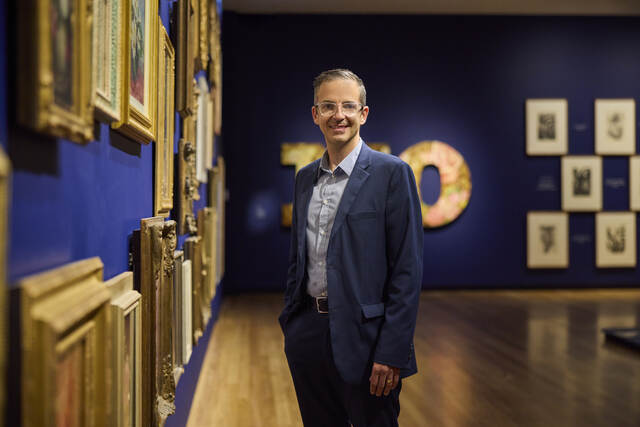Minister for Prevention of Family Violence Vicki Ward has shown her support for the work conducted by Catholic Social Services Victoria (CSSV) and the Catholic Diocese of Sale in helping to educate, inform and equip parish communities to address domestic and family violence.
Together with Bishop Greg Bennet of the Diocese of Sale, she launched the report, ‘Shining a Light: A collaborative project working to build capacity for a whole-of-Church response to domestic and family violence’ on Friday 17 November in Warragul.
The report outlined the findings of a pilot program, ‘Shining a Light’, which took place between March and July last year in the Catholic Diocese of Sale, in partnership with Catholic Social Services Victoria, the peak body for Catholic social and community serviceorganisations across the state, and Sr Nicole Rotaru, a Mercy Sister, social worker and counsellor with many years’ experience of working with victims and survivors of family and domestic violence, including children.
A total of 127 people (89 women and 38 men) participated in the pilot program, which assisted participants to recognise the signs of domestic and family violence and the impacts on women and children; to be more confident in starting a ‘careful conversation’; and to know some domestic and family violence resources in the local community and beyond.
Participants included Church clergy, parish staff, members of Religious congregations, Diocesan safeguarding staff and other organisation volunteers and staff, including those from across local social service agencies, schools, and healthcare.
In addressing the report, Minister Ward said she welcomed the report’s message that ‘the prevention of domestic and family violence is contingent on strong, local communities’.
“This is a conversation that has to happen across communities and the work that you have done, with your 127 participants and conversations is really important, because those conversations will ripple out and will lead to other conversations,” she said.
“We know that up to 50 per cent of people in Victoria, and nationwide, still think that it happens ‘somewhere else’, that it ‘doesn’t happen’ in their community, in their street, or in their schools, or in their churches.
“To continue to have those conversations, to plant those seeds of openness is really important.”
Bishop Greg Bennet said he was committed to “sharing those efforts to address the terror of domestic and family violence and violence of any kind”.
“We are constantly reminded of the turmoil, violence, injury, and deaths of those victims of such terror, darkness, and silence,” he said.
“The evaluation report highlights that no community is free from domestic family violence.
“It is a matter of pastoral care that we create within our parish communities, pools of safety, where people will find the courage to speak to clergy and pastoral leaders, and that our parishes will be well equipped and available to know what resources are available to support, accompany, and ensure people are safe.”
The report outlined six recommendations which aim to enhance the Catholic community’s role in responding to and preventing domestic and family violence in light of the learnings from this pilot program, including an emphasis on the importance of providing ongoing support for the workshop participants, and a need to secure resources for further work.
Workshop facilitator and CSSV council and CSSV Domestic Violence Working Group member Sr Nicole Rotaru RSM and a member of the CSSV council and CSSV said the participants of the pilot program provided insightful feedback.
“Implementing these recommendations is vital for the Catholic community to proactively contribute to preventing and addressing domestic and family violence in Victoria and beyond,” she said.
“While violence against women is a problem of epidemic proportions in Australia and children suffer the consequences intensely, it is not inevitable.
“The silence must be broken, so that children, women and men can be safe.”

